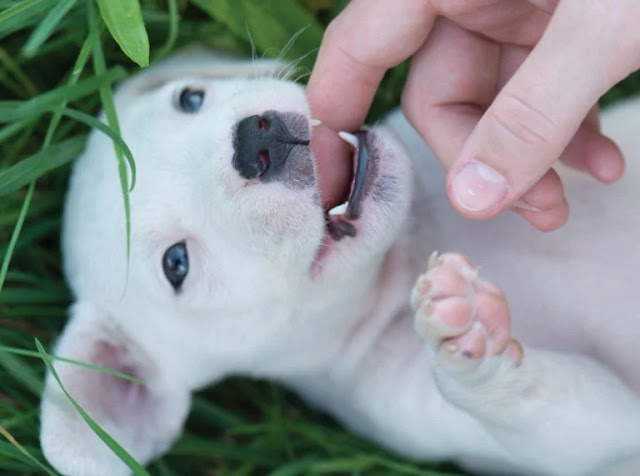what to do if your new puppy doesnt want to eat?
Puppy not eating
Bringing a new puppy into your home can be an exciting and joyful experience. However, one common concern that many new puppy owners face is when their furry friend refuses to eat. Puppies have small stomachs and require proper nutrition to grow and thrive, so it’s important to address this issue promptly. In this article, we will explore various reasons why your new puppy may not be eating and provide you with practical tips on how to encourage your pup to eat.
New puppy won’t eat
It can be worrisome and frustrating when your new puppy won’t eat. Understanding the possible reasons behind this behavior is crucial in finding a solution. Some common reasons why your puppy may refuse to eat include:
Lack of appetite due to stress or change
Adjusting to a new environment can be overwhelming for a puppy. The stress of leaving their littermates, traveling, and entering a new home may temporarily suppress their appetite. Additionally, a sudden change in their routine or surroundings can also impact their eating habits.
Anxiety or fear
Puppies are vulnerable creatures, and they may develop anxiety or fear in unfamiliar situations. This can lead to decreased appetite or even refusal to eat. If your puppy seems hesitant or scared around their food bowl, it might be a sign of anxiety.
Food preferences or dislikes
Just like humans, dogs have their own preferences when it comes to food. Your puppy may simply dislike the taste or texture of the food you are offering. It’s important to find a food that your puppy enjoys and suits their dietary needs.
Tooth or mouth problems
Puppies, especially those who are teething, may experience discomfort or pain while eating. If your puppy is avoiding food, it’s essential to check their mouth for any signs of dental issues, such as swollen gums or loose teeth.
Puppy refusing to eat
If your puppy is refusing to eat, it’s important to address the issue promptly to ensure their health and well-being. Here are some practical tips to try:
Establish a consistent feeding schedule
Puppies thrive on routine, so it’s essential to establish a consistent feeding schedule. Set specific times for meals and stick to them. This regularity will help your puppy develop a healthy appetite and also make it easier to identify any changes in their eating habits.
Create a calm and comfortable environment
Ensure that your puppy’s feeding area is quiet and free from distractions. Loud noises or disruption can contribute to stress and diminish their appetite. Creating a calm and comfortable environment will encourage your puppy to relax and focus on eating.
Choose high-quality puppy food
The quality of the food you offer your puppy plays a critical role in their overall health and appetite. Select a high-quality puppy food that is specifically formulated to meet the nutritional needs of young dogs. Consult with your veterinarian to determine the best food option for your puppy.
Try different flavors and textures
If your puppy is showing disinterest in their current food, consider offering them different flavors and textures. Some puppies may have specific preferences, and exploring various options can help stimulate their appetite. However, it’s important to introduce new foods gradually to avoid digestive upset.
Ensure proper dental care
Regular dental care is essential for your puppy’s oral health. Brush their teeth regularly and provide appropriate chew toys to soothe their teething discomfort. If you suspect any dental issues, consult with your veterinarian for proper examination and treatment.
Monitor portion sizes
It’s important to monitor your puppy’s portion sizes to ensure they are receiving an adequate amount of food. Overfeeding can lead to obesity, while underfeeding can result in malnutrition. Follow the feeding guidelines provided by the food manufacturer and consult with your veterinarian for personalized recommendations.
Consult with a veterinarian
If your puppy continues to refuse food or shows any signs of illness, it’s crucial to consult with a veterinarian. They will be able to conduct a thorough examination and determine if there are any underlying health issues contributing to the decreased appetite. The veterinarian may also recommend specific dietary changes or provide appetite-stimulating medications if necessary.
Conclusion
Having a new puppy that won’t eat can be concerning, but with patience and understanding, you can help solve this issue. Remember to consider possible factors such as stress, anxiety, food preferences, and dental problems. By establishing a consistent feeding schedule, creating a calm environment, choosing high-quality food, and seeking professional advice when needed, you can encourage your new puppy to eat and ensure their health and happiness.














